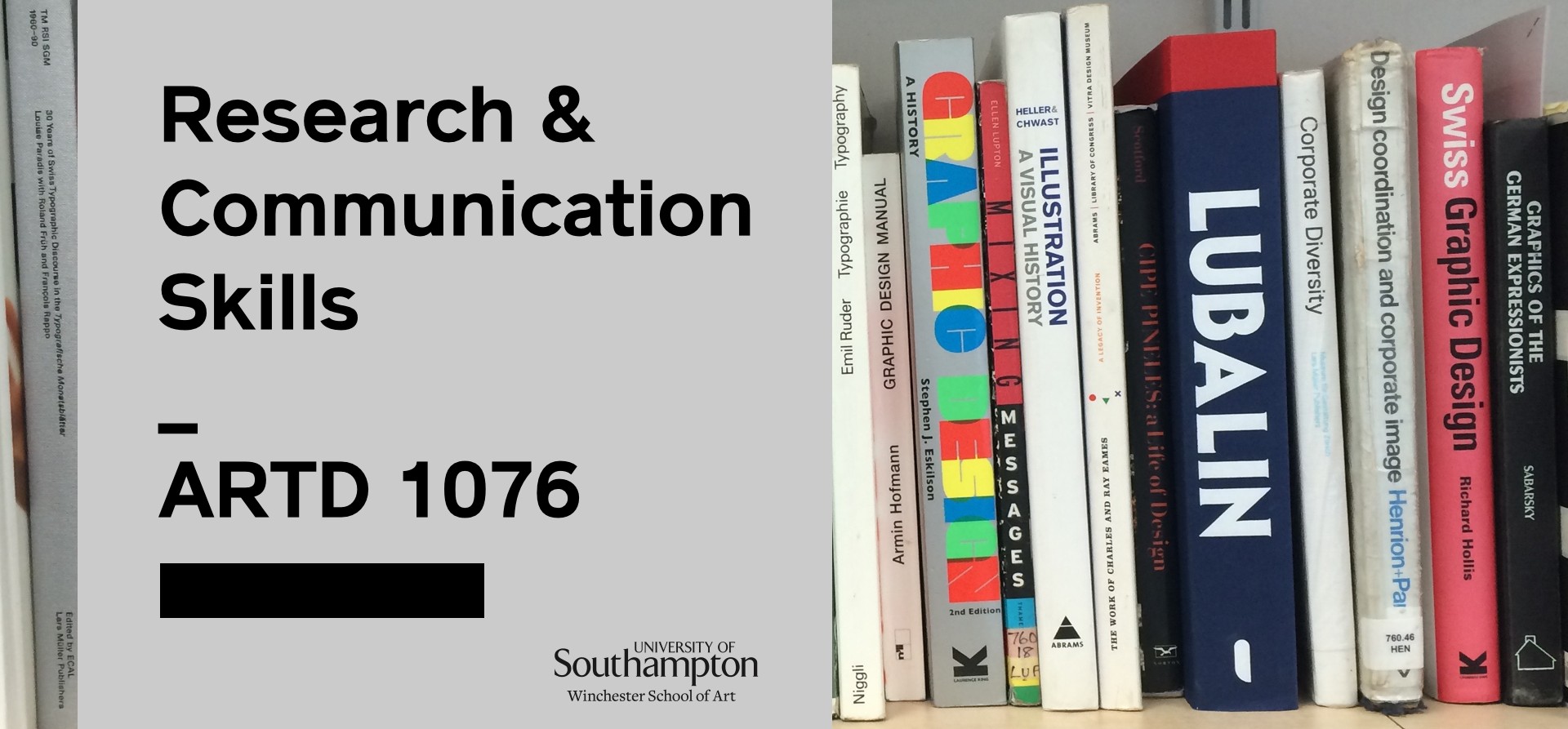The chapter Fashion and Anti-fashion from the book Fashion as Communication by Malcolm Barnard states that society’s behaviour and the way we process information contributes to our own understanding of fashion. It states that due to the primitive desire to become part of a social group we act and behave in certain ways to be accepted by other members of society; this includes the way we dress. When we are part of that social group we feel the need to not just be a union but also individual, these two conflicting ideals create fashion and if either of them is absent, fashion would not exist due to the lack of social rules and the lack of the need to conform to certain fashion trends. The need and desire to be fashionable and individual comes mainly from western cultures. Fashion isn’t just used to make a statement about yourself but it is what binds social groups together. Societies where there is not such a demand to adapt one’s self to society will have little fashion as there is less pressure to be part of a social group as the social group isn’t dominated by fashion. The groups look for individualisation first then to reach complete independence it can develop from fashion. These societies look for trends in the wider society like the western culture and not their own therefore there is not such a pressure for them.
Fred Davis claims, ‘clothes can make a clear reference to who we are and wish to be taken as while alternatively or simultaneously evoking an aura that merely suggests more than it can state precisely’. (Davis, 1986) This statement agrees with the idea that fashion can give us direct independence from our social group as clothes can suggest to a viewer how we observe ourselves and how we wish others to perceive us. However it also questions how someone perceives who you are as clothes can only go so far to suggest how we wish someone to view ourselves more than giving a fundamental statement about the precise person we are the clothes you wear as clothes suggest more of a feeling of how we want society to see us.
Having analysed the text I agree with the idea that we feel the need to be a part of a social group but also show our individuality. From an evolutionary purpose we feel that we are safer in numbers but we do not want to be labelled but instead have our own identity. I also believe that Davis’s claim also spoke truth and clothes cannot exactly show people how we wish to be seen but instead give a strong feeling, this is due to how each individual sees a particular type of garment. Davis later goes on to state, ‘whatever it will come to mean eventually, is bound to be perceived and responded to quite differently by the coteries, audiences and publics to which is it successively exposed.’ Evidently due to different personalities we will not always see how one wishes to be perceived, however clothes can give a strong suggestion to indicate the way we would like to be acknowledged.
Reading a chapter from Adorned in Dreams helped me clarify my personal thoughts. Wilson claims that in the nineteenth century appearance was most important when looking to achieve a higher status, ‘each woman must wear the uniform of fashion, yet in a world that believed in individualized romantic love she must also express the uniqueness of her personality.’ (Wilson, 2003) Even in the nineteenth century we wished to be viewed in a certain way that would heighten our status by our individuality. It is clear that this desire has carried on into the 21st century so we are able to gain status. I do believe that being part of a group wants to give us independence but also if one of these behaviours is missing there will be a lack of fashion as we would no longer feel the need to constantly impress or standout from our original group to achieve status.
Davis, F., 1986. Clothing and Fashion as Communication. In: The Psychology of Fahion. Canada: unknown, p. 15.
Wilson, E., 2003. Adorned in Dream. In: London: I.B Tauris, pp. 15-17.
